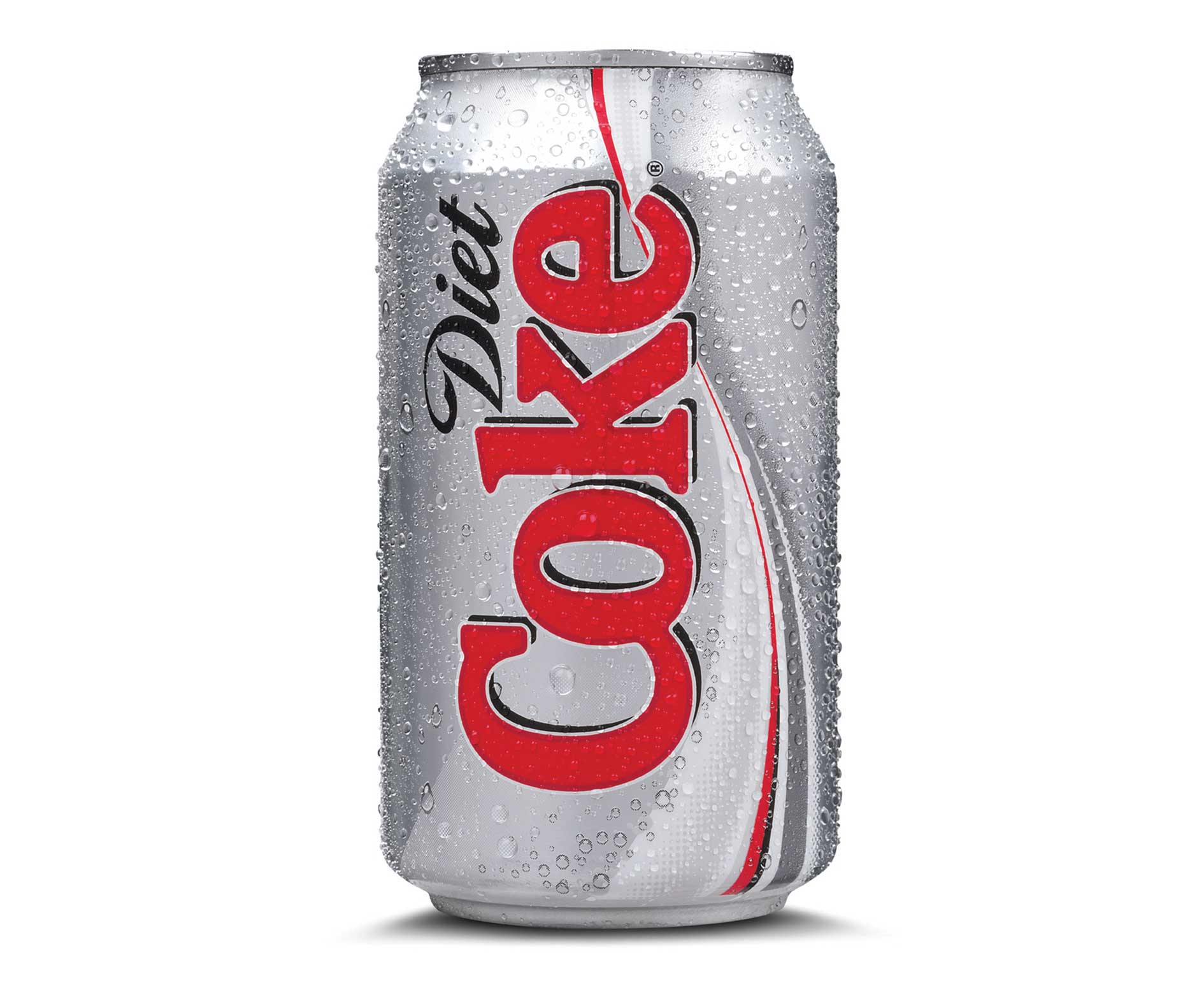
A particularly noteworthy example is Lycasin, the trade name given to a hydrogenated glucose syrup composed mostly from the alcohol sugar maltitol [C12H24O11]. Maltitol has many useful applications because it is nearly as sweet as sucrose (table sugar) and has similar properties. Furthermore, it only has half the calorific content of sugar and does not contribute to tooth decay. However, it does have a dark side. Our bodies have trouble digesting maltitol leading it to build up in the gut and ferment. This causes a pronounced laxative effect when large amounts are consumed in the form of, say, gummy bears: one consumer describing the sensation as “100% liquid. Flammable liquid. NAPALM.” on an Amazon review.
Of course, most artificial sugars have much less dramatic gastro-intestinal consequences. Aspartame, the most common artificial sweetener in the world, was originally developed as an intermediate product in the process of creating an experimental anti-ulcer drug in 1965. Its characteristically sweet taste was only discovered after James Schlatter, a chemist involved with the research project, inadvertently licked his finger to pick up a piece of paper. Referred to as E951, Aspartame is the majority sweetener in Diet Coke and other low calorie soft drinks. Gram for gram, it is 200 times sweeter than sucrose and currently holds the record for being the most rigorously tested food product in the world.
Although many concerns have been raised – possible carcinogenic side-effects, links to obesity, headaches, homicidal tendencies etc. – nothing serious has been substantially proven. In fact, the nature of chemical development practically ensures that these products have a minimum of unforeseen consequences. Vast amounts of time and money are spent at hundreds of chemical development plants every year trying to find the next big drug or the perfect flavour of cola, the slightest flaw in which can prove disastrous. Even a minor variation in the orientation of the molecule (enantiomerisation) can completely change the effect: while ‘R’- thalidomide was an effective treatment for morning sickness, ‘S’-thalidomide caused horrible birth defects. As a result of the thalidomide crisis, new drugs and flavouring are rigorously tested before being allowed anywhere near the market.
However, there is more to consider than simply the medical and dietary effects. Over millions of years, humans have developed somewhat of a sweet tooth: sweet foods are high in energy and don’t require as much digestion as other foods, so your brain rewards you with dopamine for going through the effort to crack open a bee-hive or climb a fruit tree. However, according to a paper published by a research group at Yale University last July, your brain doesn’t seem to treat artificial sweeteners the same way it treats more calorific sugars. It would seem that if there are no calories to be broken down, your brain begins to moderate the amount of dopamine released, meaning that sugar-less products no longer satisfy the craving for sweetness. According to the lead author of the study, “it implies that humans frequently ingesting low-calorie sweet products in a state of hunger or exhaustion may be more likely to ‘relapse’ and choose high-calorie alternatives in the future.”
This has serious implications on the reality of artificial sweeteners as diet products: if you need to consume a significantly larger quantity of the diet product to get the same satisfaction, you’re not really making much of a difference in calorie intake. Worse yet, over-consumption of several common artificial sweeteners has been linked to diabetes, glucose intolerance and obesity. In March 2014, group of Israeli researchers found a relationship between high levels of glucose in the blood (an early sign of diabetes) and consumption of artificial sweeteners in mice. The study primarily focused on the effect of high-saccharin diets on gut microbes responsible for breaking down carbohydrates. Although human studies were limited in scope, the research raises serious concerns about marketing diet products as healthier alternatives, particularly to diabetics and the overweight.
Of course, both of these studies examine extreme cases: the Yale researchers disrupted the glucose utilisation process in their mice, causing them to crave sugar rather than simply indulge their sweet tooth. The Israelis fed their human subjects the maximum daily amount of saccharin permissible – 5mg per kg of body weight, enough to sweeten 40 cans of diet cola on average. The long-term effects of moderate consumption are much harder to examine: aspartame alone has been linked (very tenuously) to deficiencies in breast milk, cancer, a plethora of neurological and psychiatric conditions, and headaches. That said, artificial sweeteners have been widely consumed since the eighties with no dramatic consequences, so while it might not help your weight-loss, the odd diet cola probably won’t kill you.






